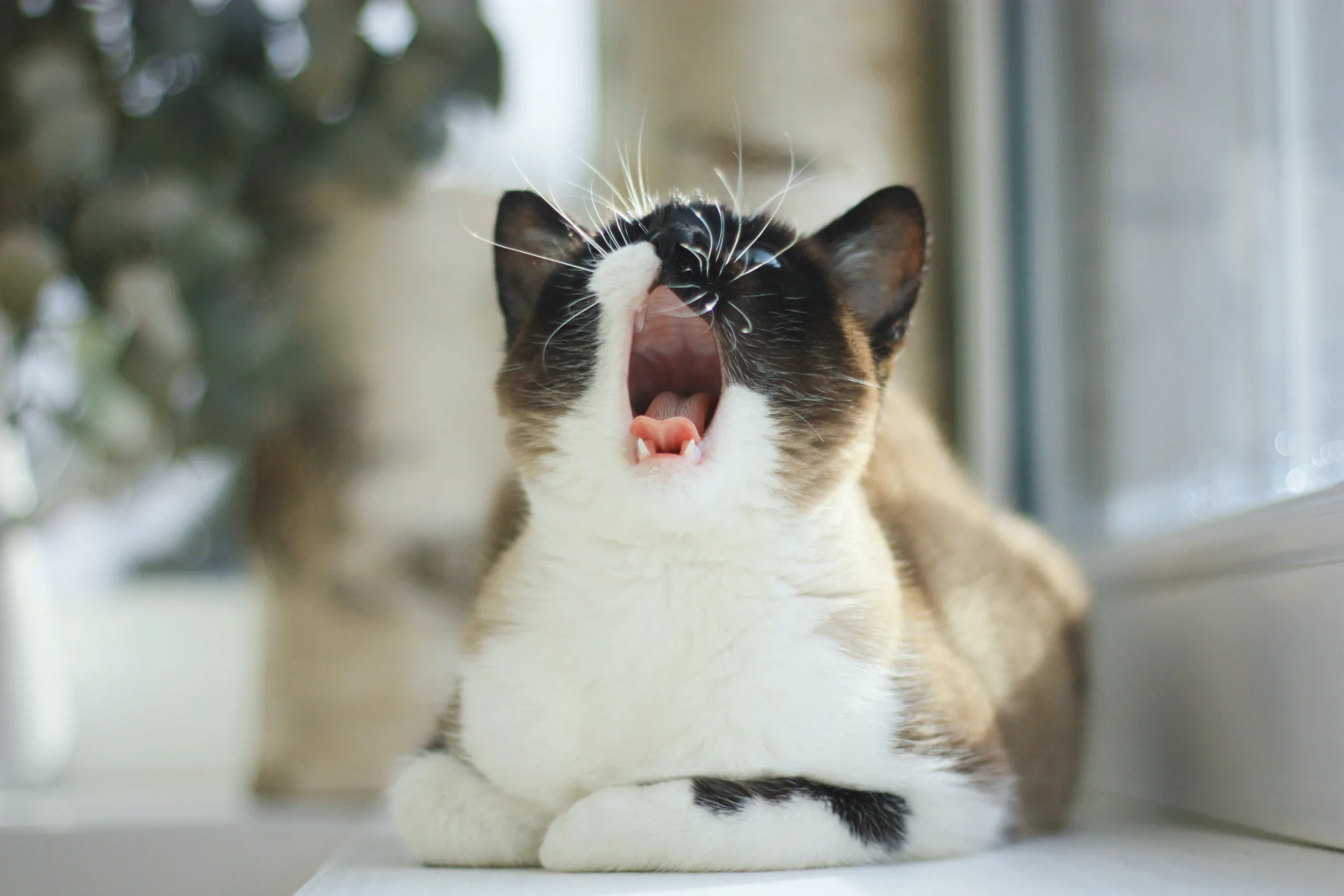Why Do Cats Sneeze? Cats are fascinating creatures with unique behaviors that often leave us wondering about their health and well-being. One common behavior that can raise concerns for cat owners is sneezing. If you’ve noticed your feline friend sneezing, you might be wondering why they do it and whether it’s a cause for concern. In this article, we’ll explore the various reasons behind feline sneezing, when it might indicate a health issue, and what you can do to help your sneezing cat.
For more about cats click here
What Causes Cats to Sneeze?
1. Common Irritants and Allergens
Just like humans, cats can be sensitive to certain irritants and allergens in their environment. These can include dust, pollen, mold, mildew, cigarette smoke, and strong odors. When cats come into contact with these irritants, they may sneeze as a natural response to try to expel the foreign substances from their nasal passages.
2. Upper Respiratory Infections
Upper respiratory infections (URIs) are a common cause of sneezing in cats. These infections are often caused by viruses or bacteria and can lead to symptoms such as sneezing, nasal discharge, coughing, and fever. Cats in multi-cat households or shelters are particularly susceptible to URIs due to close contact with other cats.
3. Feline Herpesvirus (FHV-1)
Feline herpesvirus is a specific virus that can cause upper respiratory infections in cats. It is highly contagious and can be transmitted through direct contact with an infected cat or through contaminated objects.
4. Feline Calicivirus (FCV)
Similar to FHV-1, feline calicivirus is another common cause of upper respiratory infections in cats. It can also lead to sneezing, nasal discharge, and oral ulcers.
5. Foreign Objects
Cats are curious creatures, and they might sniff or explore objects that can get lodged in their nasal passages, leading to sneezing. Common foreign objects include grass, dust, or small particles.
6. Dental Issues
Dental problems, such as tooth abscesses or gum infections, can cause secondary upper respiratory issues and result in sneezing.
7. Polyps or Tumors
In rare cases, polyps or tumors in the nasal passages can cause chronic sneezing and other respiratory symptoms.
When Should I Worry About My Cat Sneezing?
While occasional sneezing is normal and usually nothing to worry about, there are certain situations where you should seek veterinary attention:
- Persistent Sneezing: If your cat’s sneezing continues for more than a few days or becomes more frequent, it could indicate an underlying issue that needs to be addressed.
- Nasal Discharge: If your cat’s sneezing is accompanied by nasal discharge (clear, yellow, or green), it may signal an infection that requires treatment.
- Difficulty Breathing: If your cat appears to have difficulty breathing, wheezing, or coughing, it could indicate a more serious respiratory problem.
- Loss of Appetite: A cat that is sneezing and has a decreased appetite or shows signs of lethargy may be experiencing discomfort and should be evaluated by a veterinarian.
Why Do Indoor Cats Sneeze?
Indoor cats can also sneeze for similar reasons as outdoor cats. While they may not be exposed to outdoor allergens as frequently, indoor cats can still encounter irritants and allergens present within the home, such as dust, pet dander, and household cleaners. Additionally, indoor cats are not immune to upper respiratory infections, especially if they live in multi-pet households or have recently been in contact with other cats.
What Should I Do If My Cat Is Sneezing?
If your cat is sneezing but otherwise appears healthy and has normal energy levels and appetite, you can monitor them closely for a day or two. Often, sneezing in cats will resolve on its own without any intervention. However, if the sneezing persists or is accompanied by other concerning symptoms, it’s best to schedule a visit to the veterinarian for a thorough examination.
Is It Normal for Cats to Sneeze a Lot?
Occasional sneezing is normal for cats, just as it is for humans. Cats may sneeze when they encounter dust, irritants, or allergens. However, if your cat is sneezing excessively or showing signs of distress, it is not considered normal and warrants veterinary attention.
Frequently Asked Questions (FAQs)
- When should I worry about my cat sneezing?You should worry about your cat’s sneezing if it persists for more than a few days, is accompanied by nasal discharge, difficulty breathing, loss of appetite, or lethargy.
- Why do indoor cats sneeze?Indoor cats can sneeze due to exposure to indoor allergens, dust, pet dander, and household cleaners. They can also contract upper respiratory infections from other pets or objects brought into the home.
- What should I do if my cat is sneezing?If your cat is sneezing but otherwise appears healthy, you can monitor them closely for a day or two. If the sneezing continues or is accompanied by other concerning symptoms, consult with a veterinarian.
- Is it normal for cats to sneeze a lot?Occasional sneezing is normal for cats, but excessive sneezing or frequent sneezing spells are not considered normal and should be evaluated by a veterinarian.
Conclusion
Sneezing in cats can have various causes, ranging from common irritants and allergies to more serious respiratory infections. While occasional sneezing is usually not a cause for concern, persistent or severe sneezing may require veterinary attention. Monitoring your cat’s overall health and seeking prompt medical care when necessary will help ensure their well-being and happiness.
Click here for more
